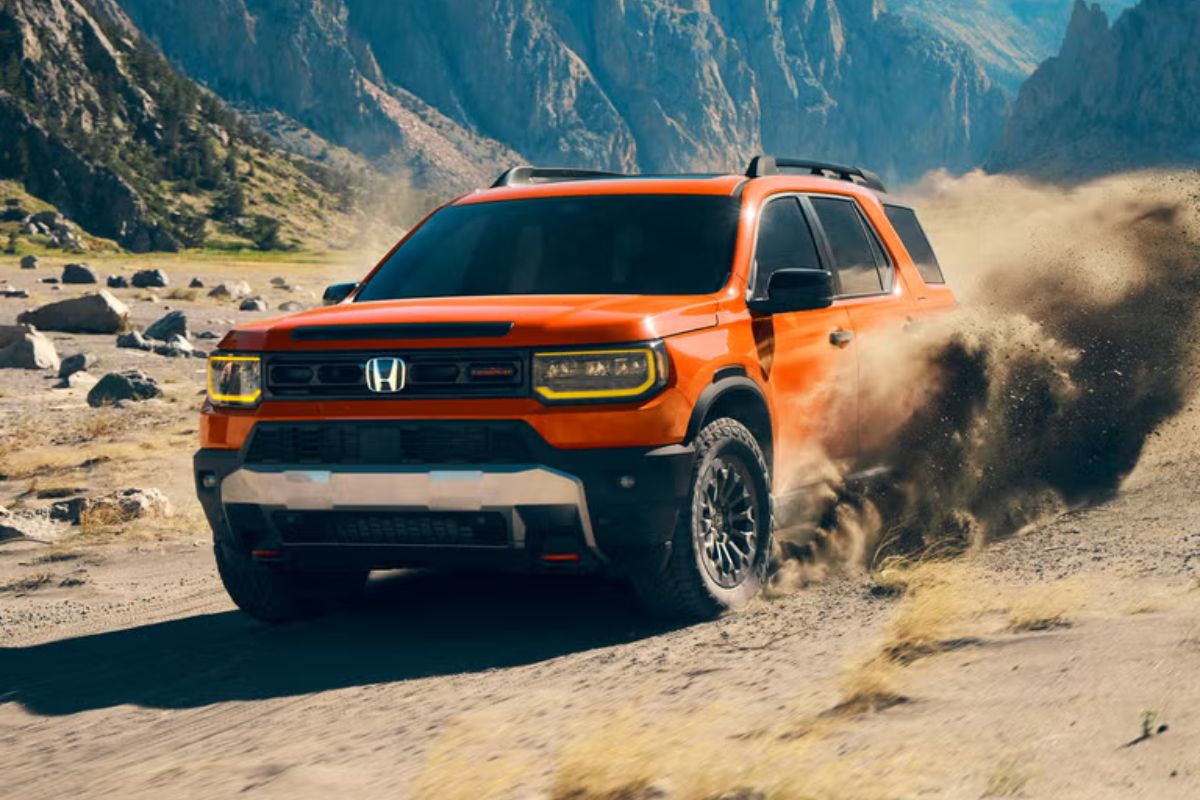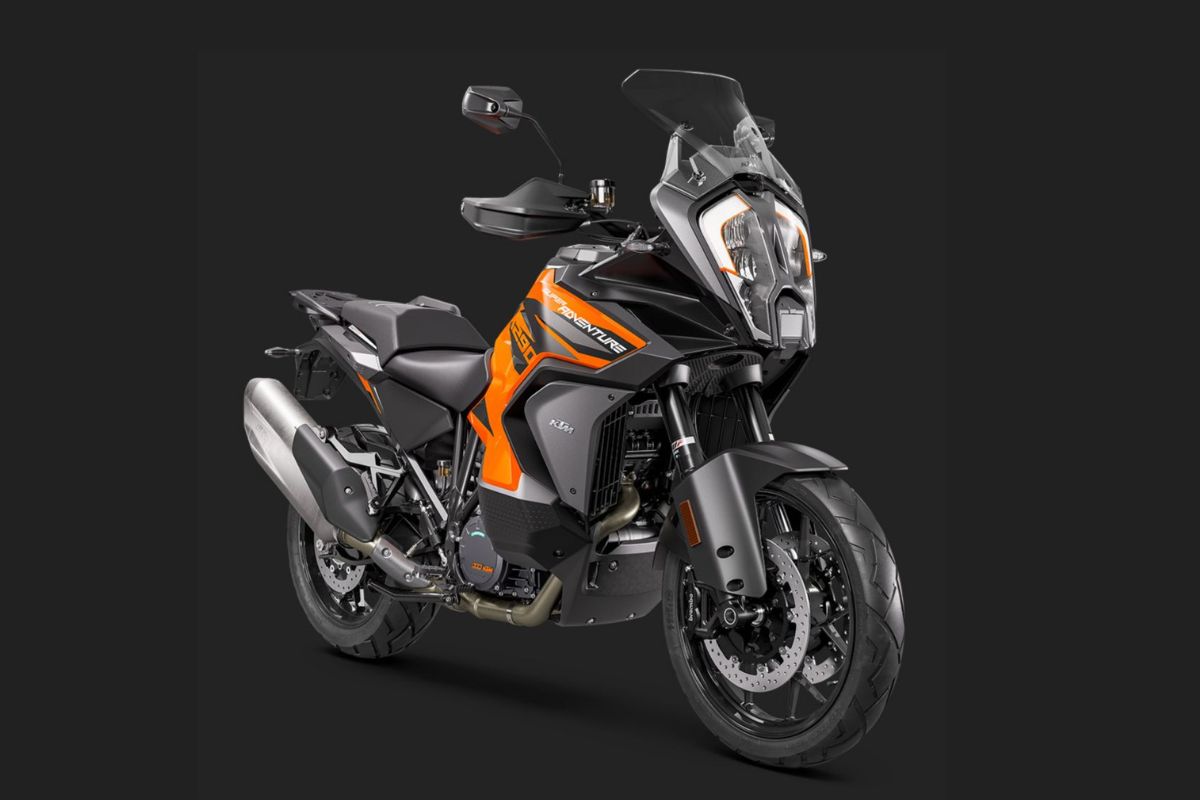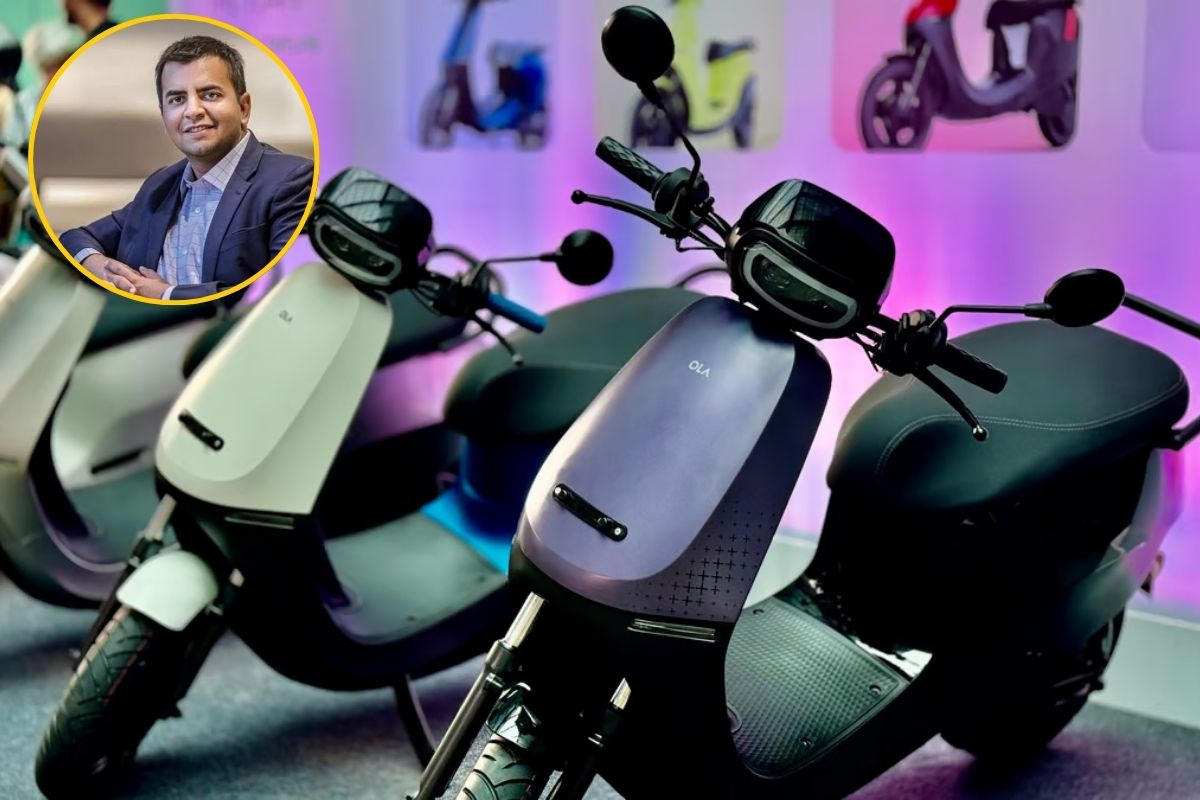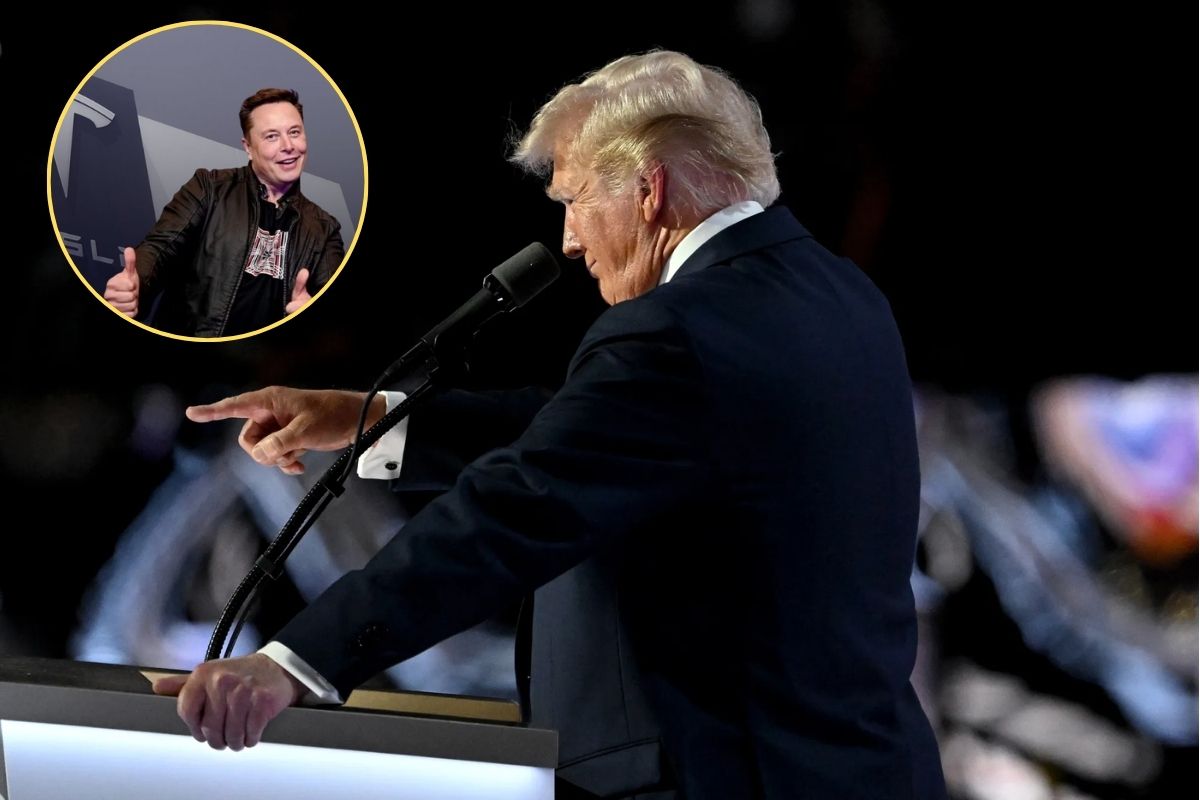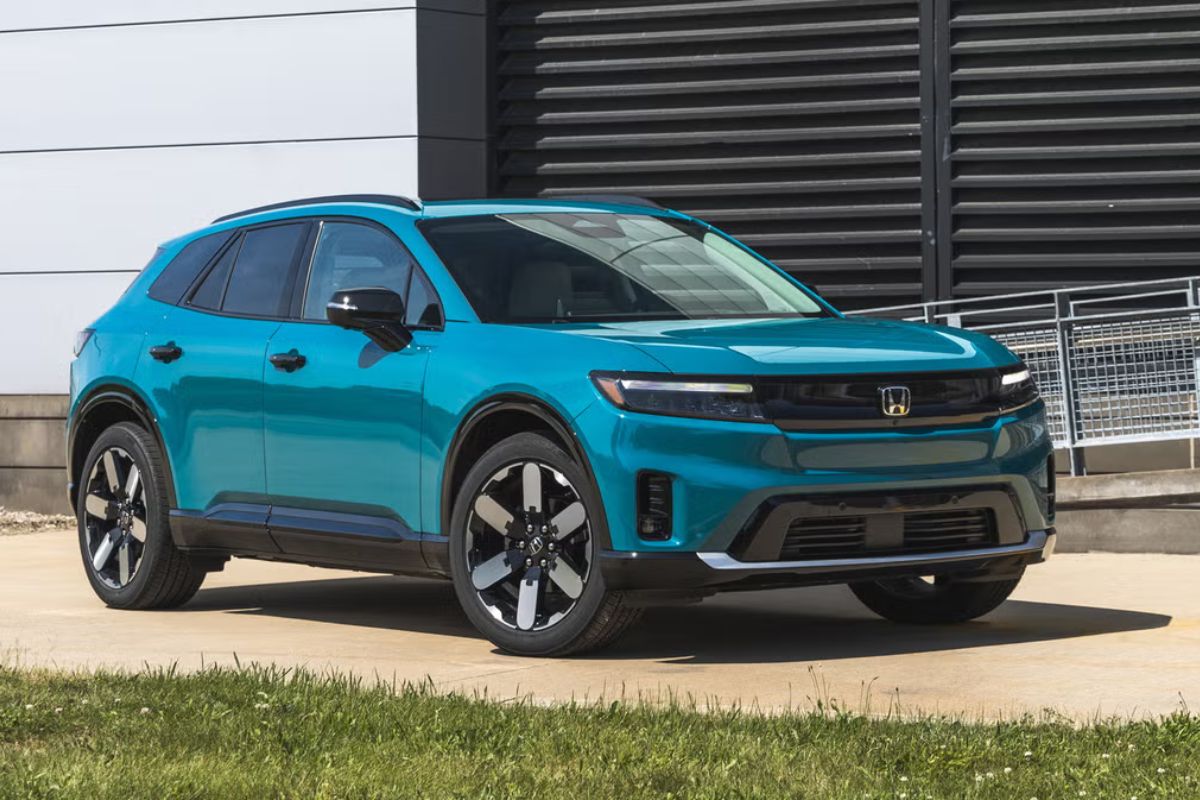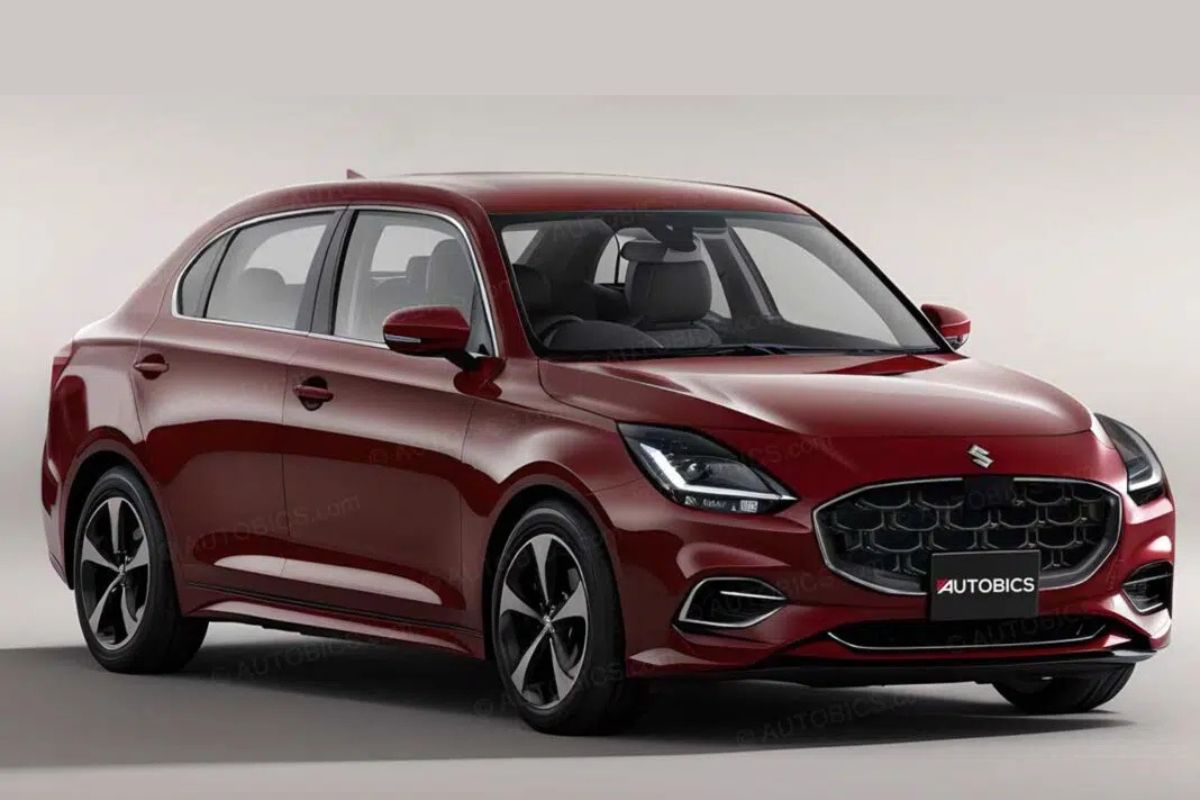- The U.S. electric car sector is anticipated to enter a time of uncertainty following President-elect Donald Trump’s victory against Vice President Kamala Harris.
- The former president and other Republicans have mainly denounced EVs, saying they are being imposed on consumers and will destroy the American auto industry.
- Trump has pledged to reduce or do away with certain EPA car emissions regulations as well as incentives to encourage the manufacture and use of EVs.
The U.S. electric car sector is anticipated to enter a time of uncertainty following President-elect Donald Trump’s victory against Vice President Kamala Harris.
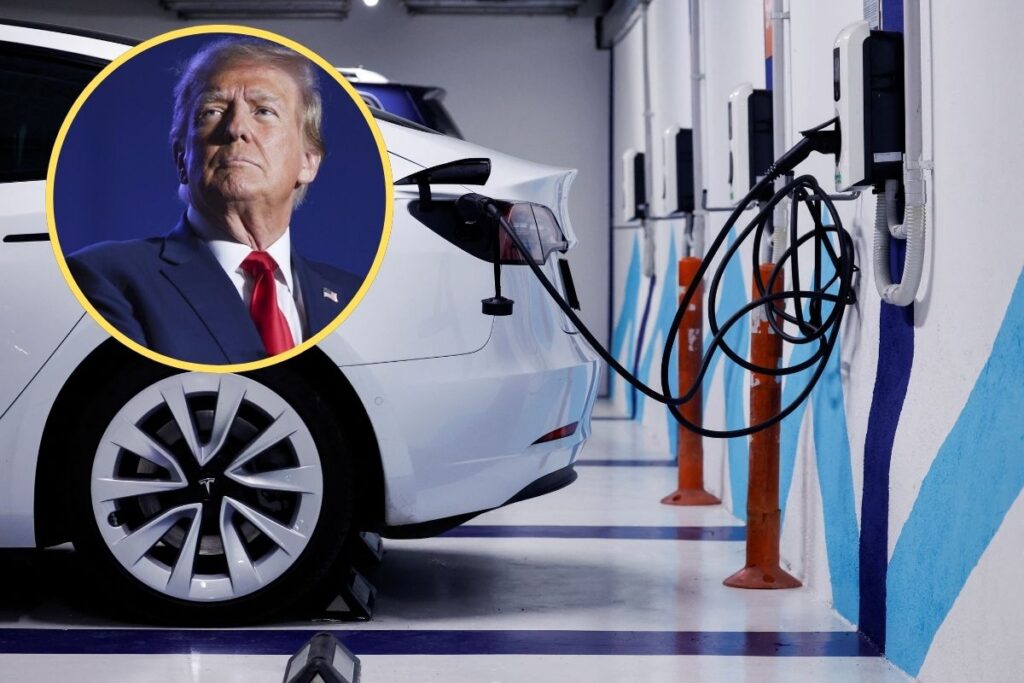
The former president and other Republicans have mainly denounced EVs, saying they are being imposed on consumers. Trump has pledged to repeal or reduce certain EPA car emissions regulations as well as incentives, including the Biden administration’s Inflation Reduction Act of 2022, to encourage the manufacture and use of the vehicles.
Although it would be challenging for Trump to totally dismantle the IRA, he might use executive orders or other legislative measures to limit or abolish EV subsidies, according to officials and insiders in the auto sector.
Instead than focusing on industrial production credits for businesses, several individuals stated that they would anticipate Trump to target federal consumer credits, which presently provide up to $7,500 for the purchase of an EV.
“There will most likely be some changes to the IRA. David Rubenstein, co-founder and co-chairman of The Carlyle Group, an investment business, told CNBC on Wednesday that he doesn’t think the IRA will disappear. “I believe both Republicans and Democrats will appreciate some of its really good features.”
Republican states like Georgia, South Carolina, and Ohio have been the sites of many of the IRA’s investments in EV production.
Winners and losers?
Legacy automakers, particularly the “Detroit” firms General Motors, Ford Motor, and Chrysler parent Stellantis, have been predicted by a number of Wall Street experts to benefit the most from a second Trump term and Republican control of Congress.
In an investment note released on Wednesday, analyst John Murphy of BofA Securities stated, “We see F and GM as the main beneficiaries from the Trump administration.” “The core operations of legacy [automakers, trucks] would be under pressure to decarbonize by the end of the decade while rapidly transitioning to an EV portfolio due to the current environmental regime.”
Federal tax incentives are crucial to GM’s hopes of a “all-electric future” and a successful EV company in the near future.
Analysts had predicted that a Democratic victory would be more advantageous for EV companies like Lucid Group and Rivian Automotive.
GM and Ford’s stock rose during Wednesday’s trade, while Stellantis, which is having serious issues in the United States, saw a little decline. At 8% and 10%, respectively, Lucid and Rivian were both down.
Tesla, the market leader in electric vehicles in the US, is an exception. Trump, who has spoken about appointing the billionaire as a government efficiency czar, extensively campaigned in battleground states with CEO Elon Musk.
Tesla’s stock shot up 13% and hit a 52-week high earlier.
According to Murphy, “we see RIVN and LCID challenged, which is largely reflected in the stocks.” Since TSLA has already achieved profitability and plans to launch additional entry-level goods that may appeal to a wider audience, we don’t see any significant problems for the company.
When NBC News and a number of other media sites declared the election for Trump, a number of manufacturers did not immediately respond to requests for comment.
“We look forward to working with the new Administration and Congress on policies that strengthen the U.S. automotive industry, which supports 9.7 million American jobs and drives more than $1 trillion into the economy each year,” Ford said in a statement on Wednesday, congratulating Trump and the newly elected officials at all levels of government.
California’s EV laws
Trump is also anticipated to redouble his efforts against California and other states that impose their own pollution regulations on automobiles, particularly those pertaining to all-electric car sales.
According to the 2022 “Advanced Clean Cars II” standards, 35% of cars built in the 2026 model year—which will start production the following year—must be zero-emission vehicles. Zero emission cars include battery-electric, fuel cell, and, to a lesser extent, plug-in hybrid electric vehicles.
Automotive officials stated before to the election that many manufacturers will advocate for the regulations to be delayed, regardless of the outcome of the presidential election.
According to the California Air Resources Board, the standards have been implemented by 12 states and Washington, D.C., although almost half of them did so beginning with the 2027 model year. They fall under CARB’s Advanced Clean Cars rules, which mandate that by 2035, all new cars sold in California must be zero-emission versions.
According to the Alliance for Automotive Innovation, a trade association and advocacy group that represents the majority of the major automakers operating in the United States, EVs accounted for 10% or more of local market shares to start this year in just 11 states and the District of Columbia.
Trump may also rescind or freeze the Corporate Average Fuel Economy (CAFE) rules for 2027–2031 model years, according to auto executives and industry analysts.

